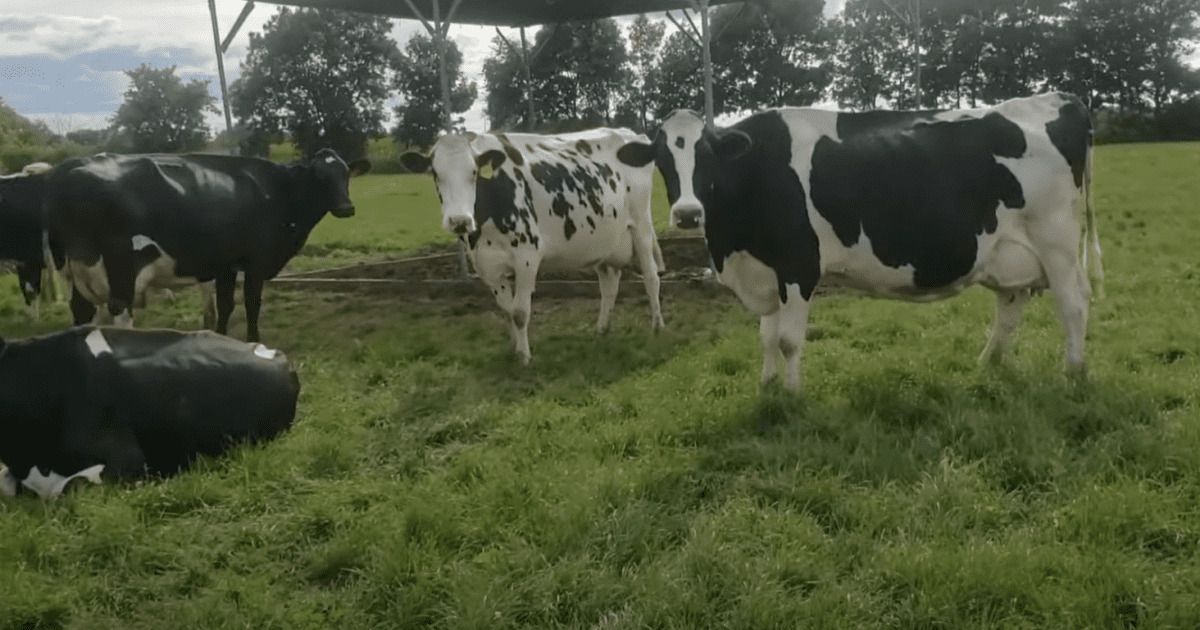Everyone has an opinion about the thousands of cows that died last month purportedly due to ‘heat stroke’.
Some believe the official explanation given, but others, myself included, are not so keen on the conventional explanation peddled by the media.
Can cows die of heat stroke if left without shade and without water? Sure they can, and they absolutely do, but are we truly expected to believe that experienced farmers would allow this to happen?
These cows represent an economic asset to the farmers, and some of these farmers owned hundreds if not thousands of cattle…
Are we really supposed to believe that they were so irresponsible as to leave their cattle in the blistering heat without the proper care or contingencies? That they had no idea which precautions to take to protect their livestock and livelihood?
I can’t seriously believe that it was their first rodeo, so to speak. What I can believe is that this was all a part of an engineered collapse.
So what happened to those thousands of cattle?
According to recent reports, all of the cattle were simply dumped into a large landfill, here’s what we currently know:
Remember when all those cows died last month? It's been waaay hotter than that recently and no dead cows 🤔
— GET THE CRIMINALS OUT OF POLITICS!!!!🇺🇲🇺🇲🇺🇲 (@PatriotMike15) July 20, 2022
For anyone paying attention, heatstroke is not contagious. #cows #FoodShortage #FuelPrices
— 🇺🇸TracyA🇺🇸 (@Tracya1120) June 17, 2022
Fox News confirmed:
Cattle companies delivered the carcasses to landfills following a June heat wave. The cows were then flattened with machinery and mixed in with trash, according to Reuters.
Typically, a farm will use cow carcasses to create compost or feed for other animals, but the heat wave deaths outpaced demand for such products.
On the bright side once all the cows have died from heatstroke they won't be contributing to climate change by farting anymore
— George Carlin's Echo (@WeiserAlby) July 16, 2022
https://twitter.com/KrautsheepyR/status/1538215316840501248
The Associated Press previously reported:
The deaths represent a huge economic loss because the animals, which typically weigh around 1,500 pounds, are worth around $2,000 per head, Hagins said.
Federal disaster programs will help some producers who incurred a loss, she added.



Join the conversation!
Please share your thoughts about this article below. We value your opinions, and would love to see you add to the discussion!